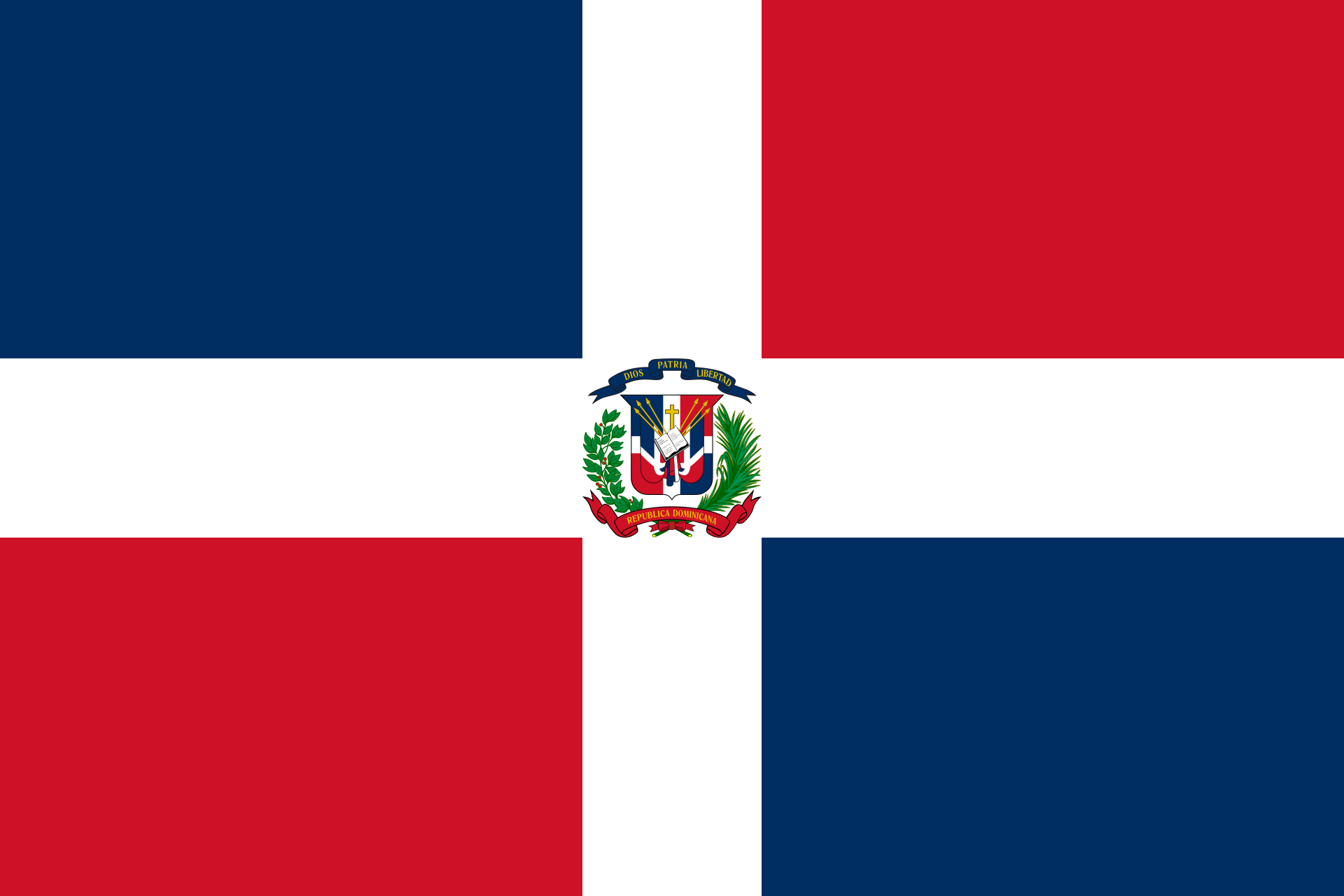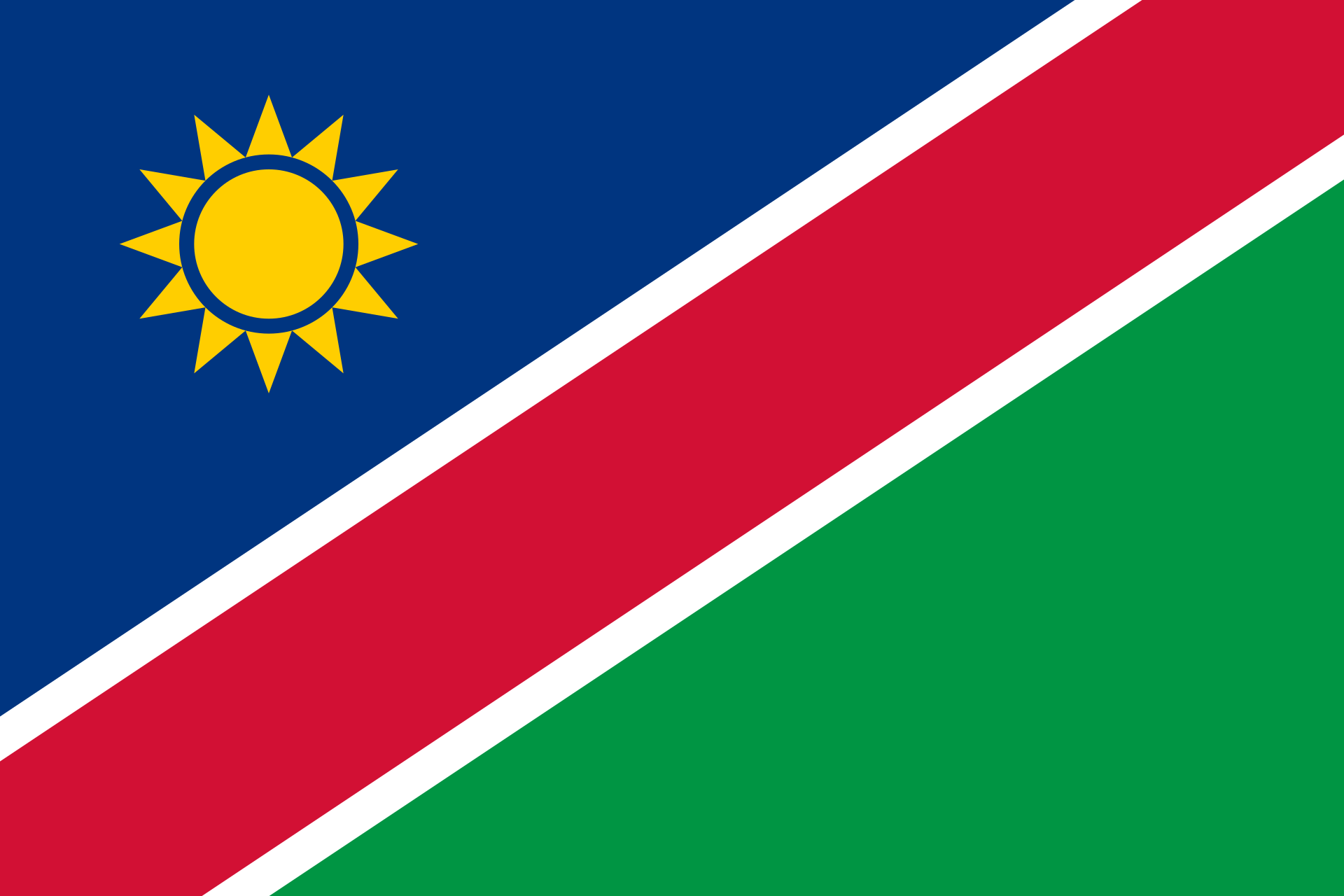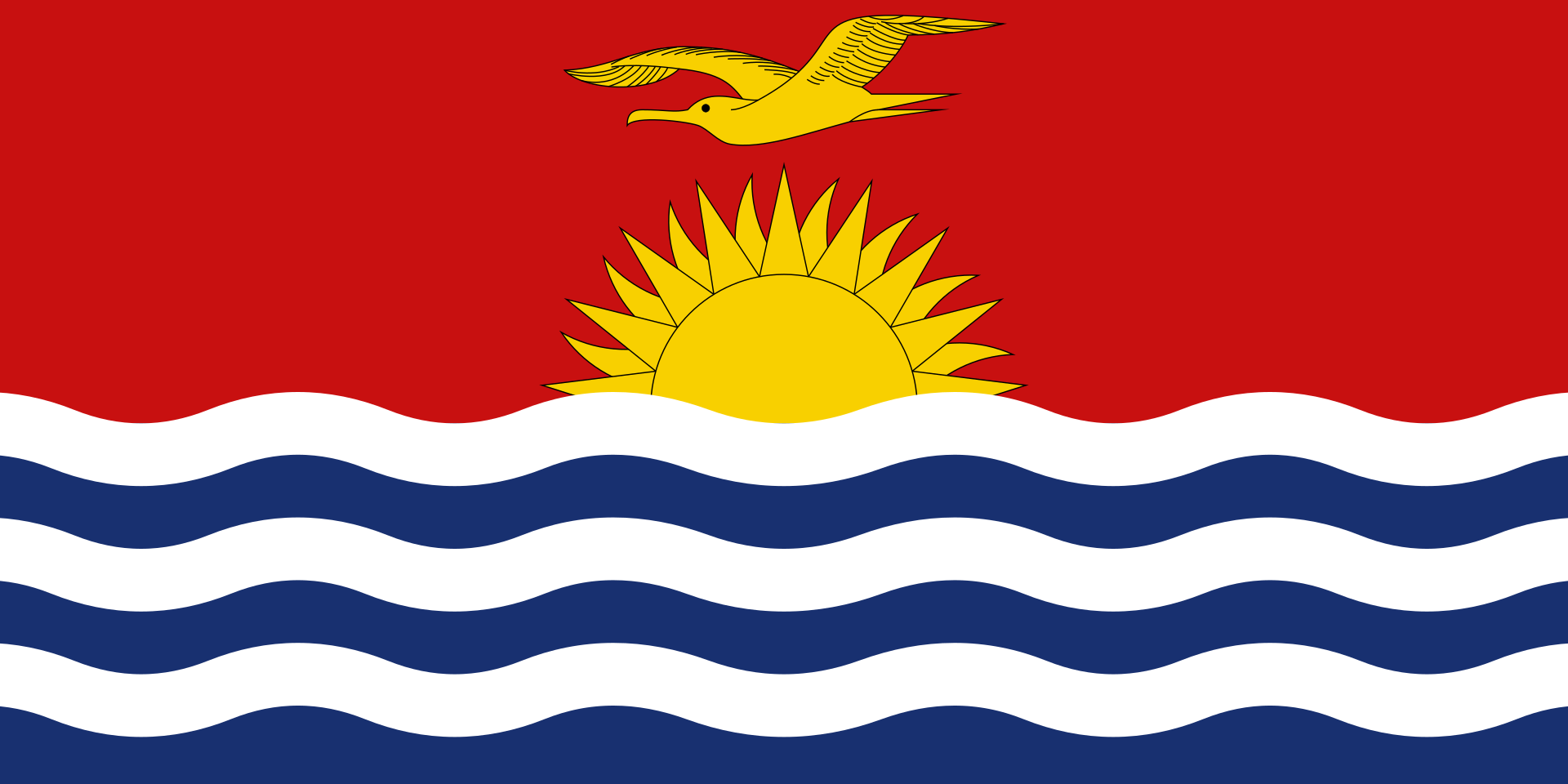Population
44,909,953
Last updated:
1 NovArea
1,886,068 km2
Last updated:
1 NovCurrency
Sudanese pound (SDG)
Last updated:
1 NovOfficial Language
Arabic and English
Last updated:
1 NovPhone code number
+249
Last updated:
1 NovInternet TLD
.sd
Last updated:
1 NovAverage monthly salary
740 $
Last updated:
1 NovTotal millionaires
1,240 persons
Last updated:
1 NovTotal billionaires
1 persons
Last updated:
1 NovMilitary power
Passport rank
107
Last updated:
1 NovVisa free
41 country
Last updated:
1 NovReligions in Sudan
Muslim (90.7%)
Christian (5.4%)
African traditional (2.9%)
Other (1.0%)
Info about Sudan (History)
Sudan is a country in Northeast Africa. It shares borders with the countries of the Central African Republic, Chad, Egypt, Eritrea, Ethiopia, Libya, South Sudan and the Red Sea. As of 2021, it has a population of 44.91 million and an area of 1,886,068 square kilometers (728,215 sq mi), making it the third largest country in Africa by area and the third largest country in the Arab League. It was the largest country by area in Africa and in the Arab League until the secession of South Sudan in 2011, since then both titles have belonged to Algeria. Its capital is Khartoum, and the most populous city is Omdurman (part of Khartoum metro).
The history of Sudan dates back to the Pharaonic period when we witnessed the kingdom of Kerma (c. 2500-1500 BC), the subsequent reign of the Egyptian New Kingdom (c. 1500 BC-1070 BC) and the rise of Kingdom of Kush (c. 785 BC - 350 AD), which in turn controlled Egypt itself for nearly a century. After the fall of Kush, the Nubians formed the three Christian kingdoms of Nobatia, Makuria and Alodia, with the latter two lasting until about 1500. Between the 14th and 15th centuries, most of Sudan was inhabited by Arab nomads. From the 16th to 19th centuries, central and eastern Sudan was ruled by the Funj Sultanate, while Darfur ruled in the west and the Ottomans in the north. Since the 19th century, all of Sudan was conquered by Egypt during the dynasty of Muhammad Ali. It was under the rule of Egypt that Sudan acquired its modern borders and began the process of political, agricultural and economic development. In 1881, nationalist sentiments in Egypt led to the Orabi revolt, which "weakened" the power of the Egyptian monarchy and, ultimately, the occupation of Egypt by the United Kingdom. At the same time, religious-nationalist fervor in Sudan erupted in a Mahdist uprising led by the self-proclaimed Mahdi Muhammad Ahmad, which led to the creation of the rebellious Omdurman caliphate. The Mahdist forces were eventually defeated by the combined Egyptian-British military, restoring the Egyptian monarch's power. From now on, however, Egypt's sovereignty in Sudan would be somewhat nominal, since the true power in both Egypt and Sudan was now the United Kingdom. In 1899, under pressure from Britain, Egypt agreed to share sovereignty over Sudan with the United Kingdom as a condominium. In fact, Sudan was ruled as a British possession. The 20th century saw a rise in both Egyptian and Sudanese nationalism aimed at ending the occupation of the United Kingdom. The 1952 Egyptian Revolution overthrew the monarchy and demanded the withdrawal of British troops from all over Egypt and Sudan. Muhammad Naguib, one of the two co-leaders of the revolution and the first half-Sudanese president of Egypt who grew up in Sudan, made ensuring the independence of Sudan a priority for the revolutionary government. The following year, under pressure from Egypt and Sudan, the United Kingdom agreed to Egypt's demand for both governments to end their shared sovereignty over Sudan and grant Sudan independence. On January 1, 1956, Sudan was duly declared an independent state.
Since independence, Sudan has been ruled by a series of unstable parliamentary governments and military regimes. Under the regime of Jafar Nimeiri, the rule of Islamists began in Sudan. This exacerbated the rift between the Islamic north, seat of government, and animists and Christians in the south. Differences in language, religion and political power erupted as a result of civil war between government forces under the influence of the National Islamic Front (NIF) and southern rebels, whose most influential faction was the Sudan People's Liberation Army (SPLA), which eventually ended into the independence of South Sudan in 2011. From 1989 to 2019, Sudan experienced a 30-year military dictatorship led by Omar al-Bashir, accused of human rights abuses, including torture, persecution of minorities, allegations of sponsoring global terrorism, and ethnic genocide. due to his role in the 2003 war in the Darfur region. In total, between 300,000 and 400,000 people died as a result of the regime's actions. In 2018, protests erupted demanding Bashir's resignation, leading to a coup d'état on April 11, 2019.
More about this source textSource text required for additional translation information
Send feedback
Side panels
History
Saved
Contribute
Swap l
Important information about Sudan
1- What is the population of Sudan?
answer: The total population of Sudan is 44,909,953 in 2021.
2- Who is the president of Sudan?
answer: Abdel Fattah al-Burhan is the current president of Sudan.
3- What is the area of Sudan?
answer: The total area of Sudan is 1,886,068 km2 .
4- What is the official language of Sudan?
answer: The official language of Sudan is Arabic and English .
5- What is the currency of Sudan?
answer: The currency of Sudan is Sudanese pound (SDG) .
6- How much is the average salary in Sudan?
answer: The average salary in Sudan is 740$ in 2021.
7- What is the passport rank of Sudan?
answer: The passport rank of Sudan is 107 in 2021.
8- How many countries we can travel with passport of Sudan without visa?
answer: You can travel to 41 countries with passport of Sudan .
9- What is the phone number code of Sudan?
answer: The phone number code of Sudan is +249 .
10- What is internet TLD of Sudan?
answer: The internet TLD of Sudan is .sd
11- How many billionaires are in Sudan?
answer: The total number of billionaires in Sudan is " 1 person" in 2021.
12- How many millionaires are in Sudan?
answer: The total number of millionaires in Sudan is " 1,240 person" in 2021.





